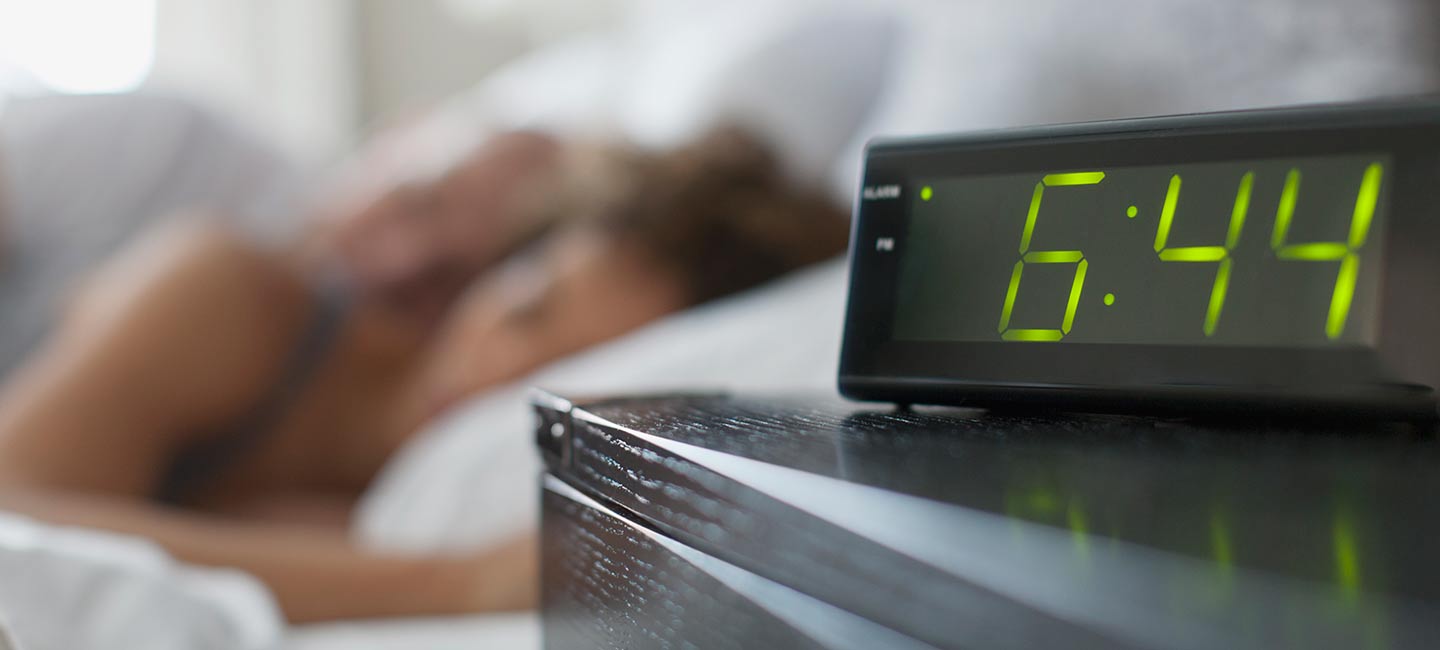Is Daylight Saving Time Hurting Your Health
Florida may soon join the ranks of Hawaii and Arizona in saying goodbye to changing the time on our clocks twice a year. And that may have more benefits than not having to change all of your clocks. Losing an hour of a sleep as we spring forward may not seem like a big deal, but according to a study published in Open Heart, heart attacks jump by 25 percent the day after Daylight Saving Time starts.
Dr. Michael Fradley, director of the joint USF-Moffitt Cancer Center Cardio-Oncology Program, says there are a number of reasons why heart attacks tend to spike the day after Daylight Saving Time begins. One explanation is an increase in stress hormones. Lack of sleep stresses the body. He says periods of stress cause the body to increase inflammatory mediators, which affects the heart. For example, a person may have an underlying heart condition and the inflammatory mediators caused by stress can set off a heart attack.
Another reason we see more heart attacks following Daylight Saving Time is due to a disruption in circadian rhythm, or our body’s internal clock. A study published in the journal Nature suggests that levels of a protein which controls the heart's rhythm fluctuate through the day. As the body’s chemistry changes throughout the day, it can affect the risk of heart attack. Daylight Saving Time has a jet lag type of effect on the body, which is a result of the body getting out of sync. Dr. Fradley points out that changing time zones or working overnights also put people at a greater risk of heart attack.
Springing forward may have other risks for women. Women who suffered a miscarriage and are undergoing in vitro fertilization showed higher miscarriage rates if embryo transfers were conducted within 21 days of the start of Daylight Saving Time compared to those whose transfers were conducted the rest of the year. The study found no link between miscarriage rates and the fall time change.
Plus, preliminary research presented at the 2016 American Academy of Neurology's annual meeting found that stroke rates in Finland are 8 percent higher, on average, in the two days following both time changes—spring and fall—compared to the two weeks before or after.
It is not just health that’s impacted by Daylight Saving Time; work productivity also seems to suffer. A study in the Journal of Applied Psychology suggests that sleep-deprived employees spend more time "cyberloafing," or using the Internet for personal use while pretending to do work.
But it isn’t all bad news. Changing the clocks may actually be beneficial for those suffering from depression. A study published in Epidemiology found no change in the number of people being diagnosed with depression as we spring forward, but found more people being diagnosed when we fall back. Scientists believe it may have something to do with the amount of daylight you are exposed to and its impact on mood.
Dr. Fradley says whether we continue to spring forward or not, getting adequate, quality sleep is key for overall health.



